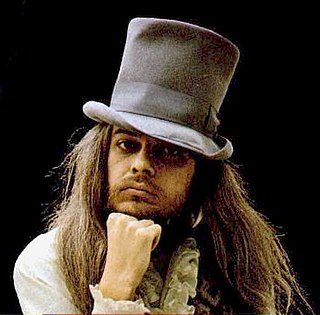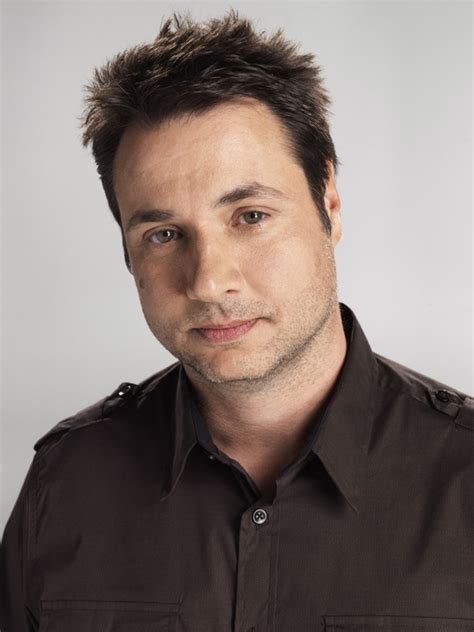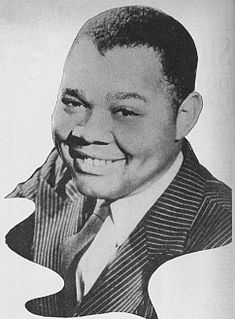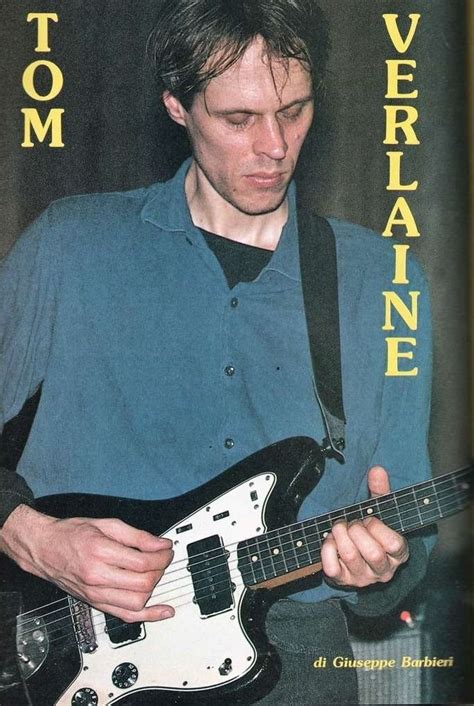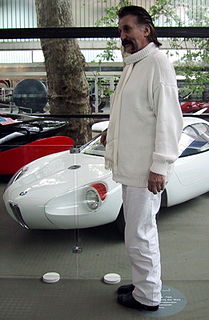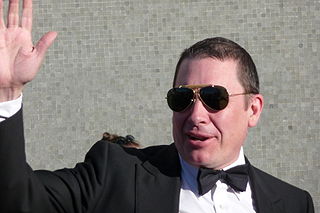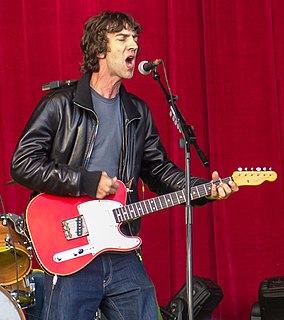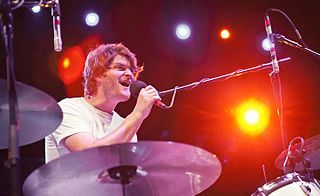A Quote by Jerry Leiber
The first memory I have was my sisters dancing to the radio when they played records by Benny Goodman and Harry James and of the sort. But the record that got me was a record by Derek Sampson, who was a young guy, called 'Boogie Express,' and it was boogie-woogie. Really, it was on fire, and that got me.
Related Quotes
I woke up my pop in the middle of the night 'cause the boogie man's under my bed. My pop is this big, huge man, nothing can hurt him. I went running into his bedroom like, 'Daddy, Daddy, the boogie man's under the bed!' Pop opens one eye, he's like, 'Is the boogie man bigger than me?' 'Well, no Daddy, he's not.' 'Well, you got your choice: you can deal with the boogie man or you can deal with me.'
Many appreciate in my former work just what I did not want to express, but which was produced by an incapacity to express what I wanted to express - dynamic movement in equilibrium. But a continuous struggle for this statement brought me nearer. This is what I am attempting in 'Victory Boogie Woogie.'
Everybody in Germany was for the -German cause. But then, after the war ended, when I heard the first Glenn Miller sound on the radio and these fantastic American music makers, I turned into a jazz fanatic. They called me Benny, after Benny Goodman. So, all of a sudden, the eyes of young Germans were opened to America - everything American was absolutely at the top of the list.
Early on, before rock 'n' roll, I listened to big band music - anything that came over the radio - and music played by bands in hotels that our parents could dance to. We had a big radio that looked like a jukebox, with a record player on the top. The radio/record player played 78rpm records. When we moved to that house, there was a record on there, with a red label. It was Bill Monroe, or maybe it was the Stanley Brothers. I'd never heard anything like that before. Ever. And it moved me away from all the conventional music that I was hearing.
We'd lie on the floor, turn the lights out, put two speakers on either side of our ears, and try to blow our minds with music. I know that I want to make a record that does that yet a record that, if it was played on the radio at twelve in the afternoon, the guy making the wall - the guy cleaning the motorway - he's got a melody to hang on.
When I first came to New York I was a dancer, and a French record label offered me a recording contract and I had to go to Paris to do it. So I went there and that's how I really got into the music business. But I didn't like what I was doing when I got there, so I left, and I never did a record there.

